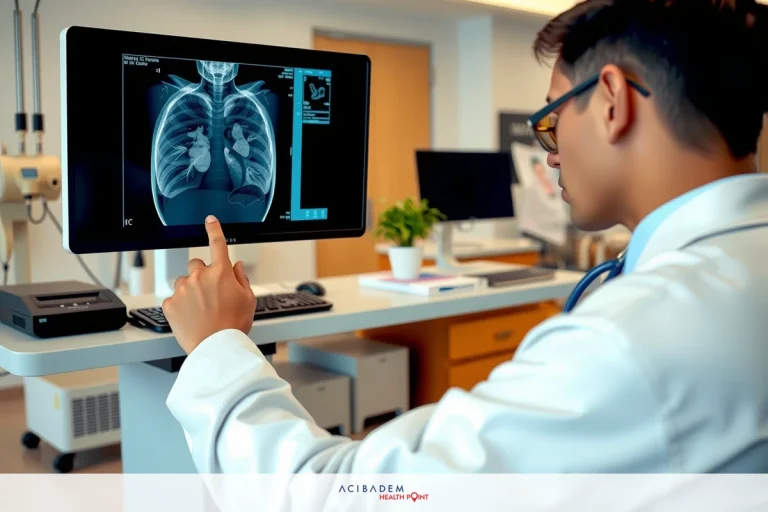Can a Breast Biopsy Tell What Stage Cancer You Have?
Can a Breast Biopsy Tell What Stage Cancer You Have? Breast biopsies are key tools doctors use to find breast cancer. They take a small piece of tissue from your breast. Then they check it for signs of cancer. If they do find cancer other tests may be needed to learn its stage. This process helps your doctor plan the best care for you.
A biopsy can show if cells in the breast are normal or not. It can’t tell everything about cancer on its own though. Your doctor will look at the biopsy results and talk with you about what comes next. They might need more information to figure out the stage of the cancer.
Knowing if there is cancer and what kind it is is just the first step. After a biopsy, other scans and tests may follow to see how far it has spread, if at all. These steps are important for finding out which treatments could work best for you.
What is a Breast Biopsy?
A breast biopsy is when doctors take tissue from your breast. They use this sample to look for cancer cells. It’s a key step in finding out if you have cancer. The test can be done in several ways depending on what’s needed.
During the biopsy they may numb your breast first. This helps keep you comfortable while they get the tissue. A special needle or tool is used to take the sample. After that a lab checks it under a microscope.
The results of your biopsy help with the next steps in care. If there are cancer cells more tests will be needed to learn more about them. This includes finding out how aggressive the cancer may be and choosing treatment options.
Knowing if it’s cancer early helps you start treatment sooner. Early diagnosis can mean better chances of beating it. Your doctor will guide you through each step after your biopsy results come back.

How Does a Breast Biopsy Determine the Stage of Cancer?
A breast biopsy helps doctors see if cancer cells are present. The stage of cancer is not set by the biopsy alone. But it does provide clues about how far the cancer may have spread. This information is crucial for deciding on further testing.
Once they know there are cancer cells doctors look at their size and shape. They also check how many there are in the sample taken from your breast. These details can hint at whether the cancer has grown beyond where it started.
Doctors compare what’s seen in the biopsy with other test results. This might include imaging like mammograms or MRIs. All this data together starts to paint a picture of the cancer’s stage.
Knowing more about stages guides treatment plans that work best for you. It influences choices like surgery, radiation, or medication therapies. Your doctor will talk with you about all these options once they understand your specific situation better.
Why is Knowing the Stage of Cancer Important?
Knowing the stage of cancer shapes your treatment path. It helps doctors figure out how serious the cancer is right now. The stage tells you if it’s small and just found or bigger and spread around. This info lets your doctor plan treatments that fit your needs.
Stages range from 0 to 4 with different sub-stages too. Early stages might mean surgery can remove all the cancer. Later stages could need more than one kind of treatment over time. Your care team will use staging to set goals for your health.
Understanding staging also helps you know what to expect in the future. It gives a clearer view of what treatments can do for you. And it keeps you informed as you make choices about your own health care journey.
Can a Breast Biopsy Alone Determine the Stage of Cancer?
A breast biopsy is a first step in cancer diagnosis. It can confirm the presence of cancer cells. But it does not provide a complete picture of the stage. To fully understand the stage more tests are often needed.
Doctors use information from biopsies to decide what other tests you need. These might include blood work or imaging scans like CT or PET scans. The results from these help pinpoint how far the cancer has spread.
The stage of cancer is crucial for creating an effective treatment plan. It considers tumor size, lymph node involvement, and if there’s spread to distant sites. A healthcare provider will explain all these factors once they have enough data.
Consulting with your healthcare provider after a biopsy is important for clarity on your condition. They guide you through understanding your specific type of breast cancer and its implications. Oncologists are experts who specialize in this process and offer detailed insights.
Remember that each person’s journey with cancer is unique just like their treatment needs to be personalized too. Your doctor will tailor your care based on comprehensive staging information gathered over time ensuring you get the right approach for your situation.








